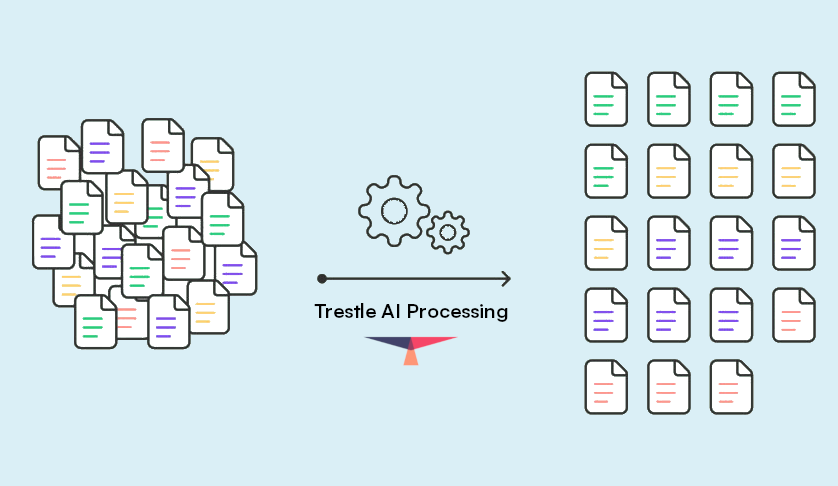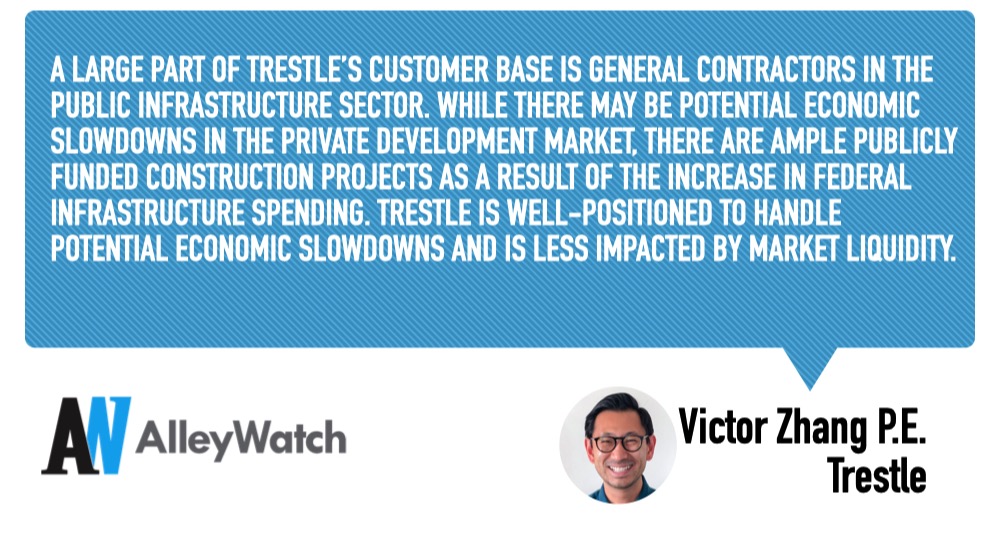Driving Construction Excellence: The Vital Role of Field Staff Communication in Evaluating Subcontractor and Supplier Performance


In the intricate landscape of construction, seamless communication between field staff and the head office stands as a linchpin for project success. Particularly when evaluating subcontractor and supplier performance, effective communication channels play a pivotal role in maintaining project integrity, ensuring adherence to quality standards, and fostering a culture of excellence. This article delves into the critical importance of robust field staff communication with the head office, highlighting how such interactions fortify project efficiency, enable timely interventions, and ultimately contribute to the success of construction endeavors.
Real-Time Reporting for Timely Interventions
Effective communication between field staff and the head office allows for real-time reporting of subcontractor and supplier performance. This timely flow of information enables prompt interventions in case of any deviations from the expected standards, ensuring that necessary corrective measures are swiftly implemented to maintain project timelines and quality benchmarks.
Enhanced Oversight for Quality Control
Seamless communication facilitates enhanced oversight of subcontractor and supplier performance, enabling the head office to closely monitor the quality of workmanship and materials delivered on-site. Regular updates from the field staff provide invaluable insights that help maintain stringent quality control measures, ensuring that all project deliverables meet or exceed the established industry standards and client expectations.
Alignment with Project Objectives and Timelines
Clear and consistent communication between field staff and the head office ensures that all stakeholders are aligned with the overarching project objectives and timelines. This alignment enables a cohesive approach to managing subcontractor and supplier performance, fostering a shared understanding of project milestones, deliverables, and critical deadlines, thereby minimizing the risks of miscommunication and project delays.
Facilitation of Proactive Problem-Solving
Effective communication empowers field staff and the head office to proactively address any challenges or obstacles that may arise during the construction process. By fostering an environment of open communication and collaboration, the team can collectively identify potential issues related to subcontractor and supplier performance and work collaboratively to develop proactive solutions, thereby preemptively mitigating risks and ensuring smooth project progression.
Data-Driven Decision-Making for Performance Enhancement
Comprehensive communication allows for the collection of valuable data and insights regarding subcontractor and supplier performance. The collation and analysis of this data enable the head office to make informed, data-driven decisions aimed at enhancing overall performance, optimizing resource allocation, and implementing targeted training or support initiatives to improve the efficiency and effectiveness of all stakeholders involved.
Fostering a Culture of Transparency and Accountability
Open lines of communication foster a culture of transparency and accountability within the construction ecosystem. Regular updates and feedback from field staff to the head office promote a sense of shared responsibility and commitment to upholding the highest standards of performance and integrity, thereby nurturing a collaborative environment that prioritizes the collective success of the construction project.
The significance of effective field staff communication with the head office regarding subcontractor and supplier performance cannot be understated in the construction industry. By fostering seamless communication channels, construction stakeholders can ensure timely interventions, maintain quality control, align with project objectives, facilitate proactive problem-solving, leverage data-driven decision-making, and foster a culture of transparency and accountability. Through unwavering commitment to robust communication practices, the construction industry can pave the way for seamless collaboration, superior project outcomes, and enduring success in a dynamic and competitive landscape.
Keep Reading





